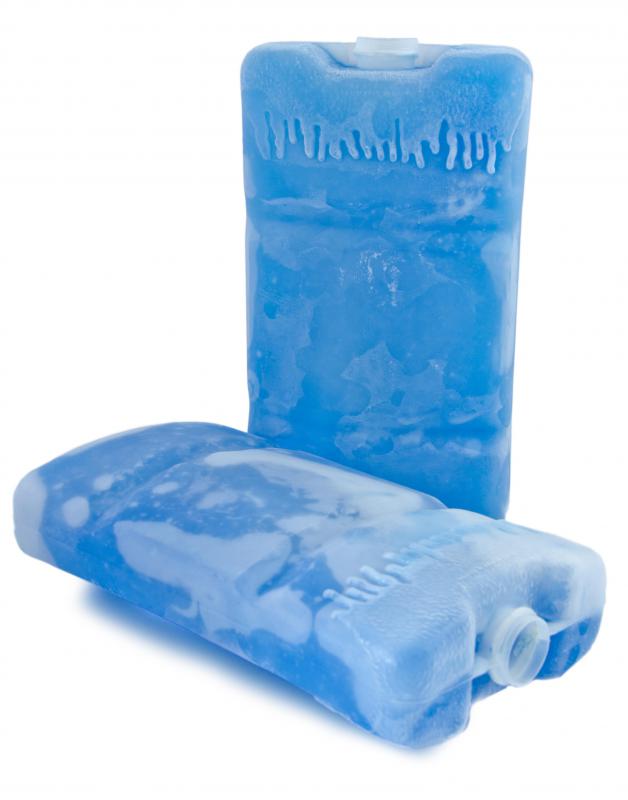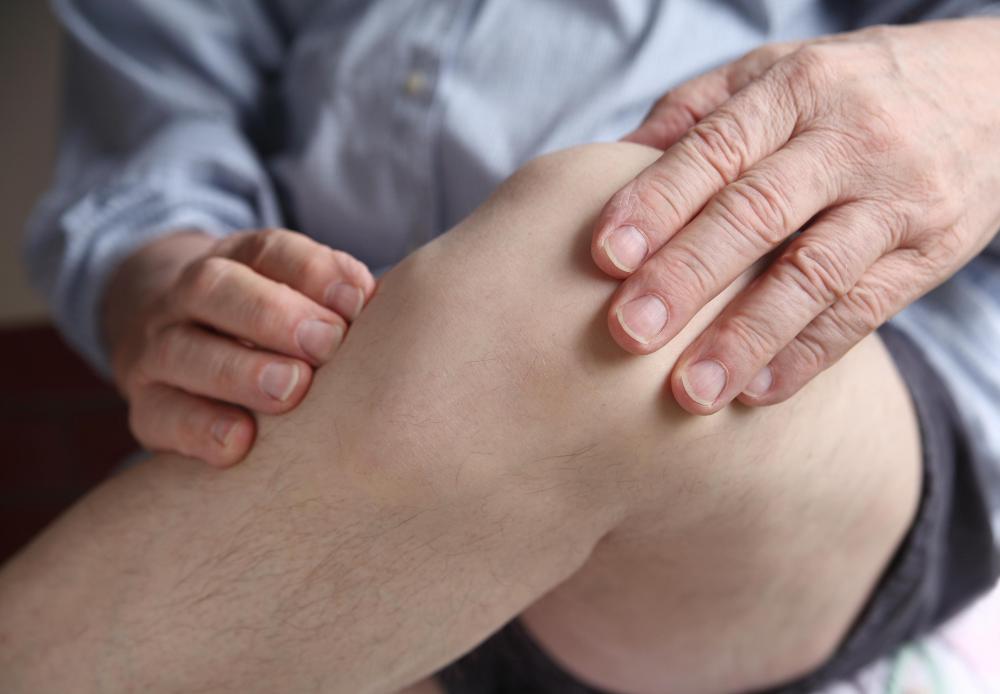At TheHealthBoard, we're committed to delivering accurate, trustworthy information. Our expert-authored content is rigorously fact-checked and sourced from credible authorities. Discover how we uphold the highest standards in providing you with reliable knowledge.
What is Chronic Inflammation?
Chronic inflammation is inflammation that persists beyond the initial exposure to an irritant, leading to tissue damage and complications like systemic disease. Inflammation is a natural and healthy response to irritants like infectious organisms or foreign bodies, but when it becomes chronic, the body goes into overdrive and injuries can occur. Treatment of chronic inflammation can include anti-inflammatory drugs, as well as other treatment approaches, depending on the location of the inflammation and the kinds of complications the patient experiences.
Autoimmune diseases like lupus and arthritis are examples of chronic inflammation. People with conditions like asthma and allergies can also develop chronic inflammation. In all cases, the inflammation starts with a response from the immune system where swelling, redness, and itching develop. Instead of resolving once the trigger is gone, the inflammation persists. The patient can develop chronic pain as the inflammation eats into body tissue. In arthritis, for example, the constant heat and swelling damages the joints, causing discomfort and reducing the patient's mobility.

Several diagnostic clues can be used to identify chronic inflammation. The patient's white blood cell count often rises and the area of inflammation may appear thickened, lumpy, and damaged. Redness and swelling may persist rather than resolving, and the patient may report pain and soreness. Clues like a history of inflammatory responses can also be useful, as they may provide information about what triggered the chronic inflammation.

Immediate treatment for chronic inflammation can include icing the area to reduce swelling and using anti-inflammatory drugs, including steroids, to suppress the inflammation. The immune system may be going haywire, requiring suppression with medications to stop inflammatory reactions until the patient's condition is more stable. Other treatments may include physical therapy to increase range of motion, topical medications to address thickening and discomfort, and sometimes surgery to treat tissue severely damaged by inflammation.

A patient with chronic inflammation may need to see a medical specialist who focuses on conditions involving inflammation and the immune system. This specialist can order tests to find out more about what is happening inside the patient's body. A patient evaluation may include a workup to determine sensitivity to various medications and check for complications like organ damage caused by inflammation. Such complications may require more aggressive treatment and supportive therapy, including things like dialysis to take over for failing or damaged kidneys, or organ transplants for organs irreparably damaged by inflammatory processes inside the body.
AS FEATURED ON:
AS FEATURED ON:















Discuss this Article
Post your comments